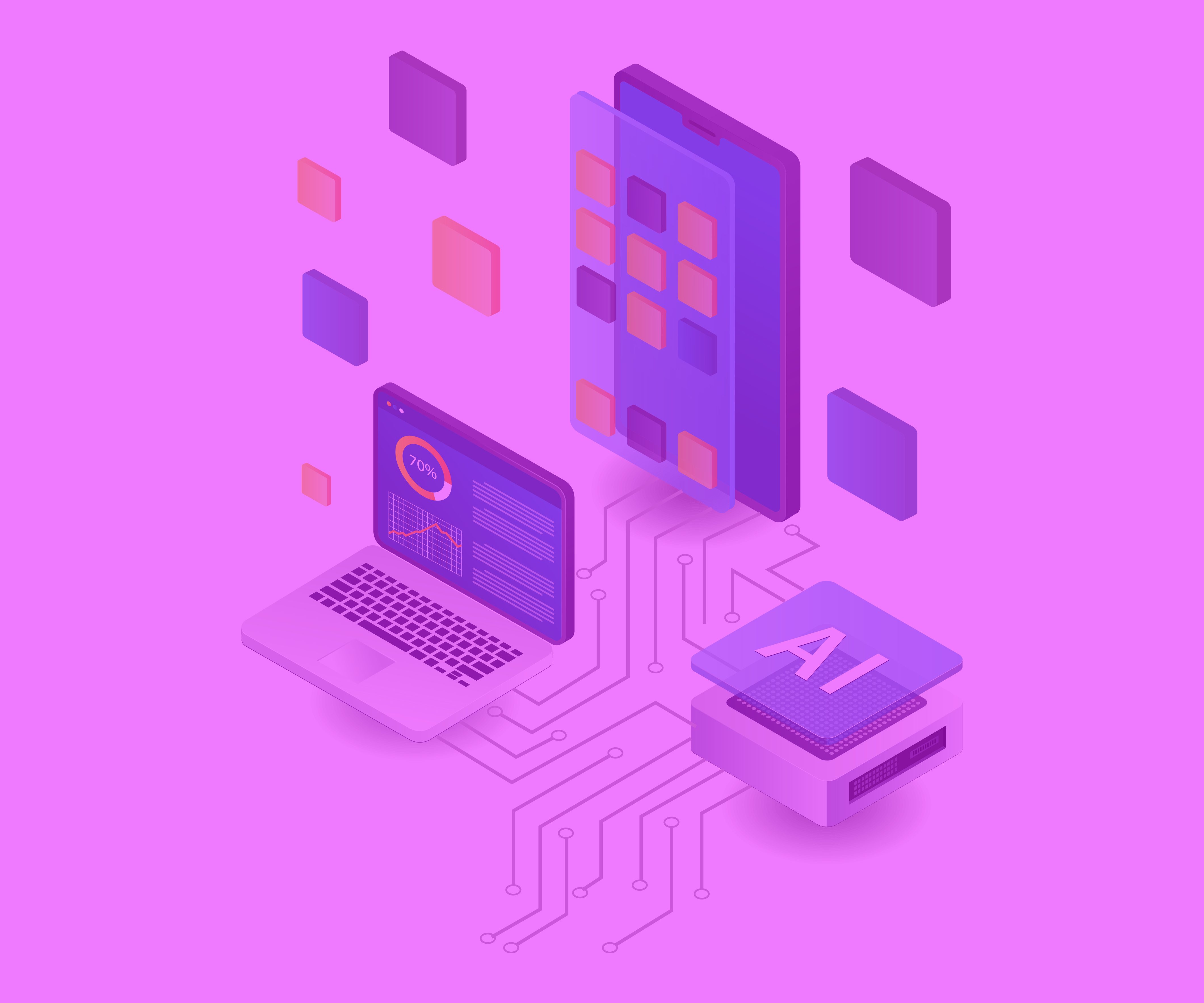19 March, 2024, by Jacob Roach
As artificial intelligence (AI) continues to weave its way into the fabric of healthcare, it brings with it the promise of revolutionized diagnostics, personalized treatment, and streamlined operations. However, the integration of AI into this deeply human and inherently ethical field raises profound questions. The deployment of AI technologies in healthcare settings must be navigated with a keen awareness of ethical considerations, including the risks of bias, the imperative of privacy, and the irreplaceable value of the human touch. This post aims to spark a conversation about these critical issues, encouraging a thoughtful examination of how we can harness AI’s potential responsibly.
Unveiling Bias: The Hidden Challenge
One of the most pressing ethical concerns with AI in healthcare is the risk of bias. AI systems learn from vast datasets, and if these datasets contain biased information—whether due to historical inequalities, demographic imbalances, or skewed clinical practices—the AI’s decisions can perpetuate or even exacerbate these biases. For instance, an AI trained predominantly on data from one ethnic group may be less accurate for people outside that group, potentially leading to misdiagnoses or inappropriate treatment recommendations.
Navigating this challenge requires a multifaceted approach, including diversifying training datasets, developing algorithms that can identify and correct for bias, and maintaining transparency about an AI system’s decision-making processes. Ensuring fairness in AI-driven healthcare means committing to continual oversight and adjustment of these technologies.
Privacy in the Age of Digital Health: A Paramount Concern
The use of AI in healthcare inevitably involves the collection, analysis, and storage of vast amounts of personal health information. This raises significant privacy concerns, particularly regarding who has access to this data and how it is used. The potential for breaches of confidentiality or misuse of sensitive information poses a real risk, undermining patient trust and compromising the ethical foundations of healthcare.
To address these concerns, robust data protection measures must be implemented, including secure data encryption, strict access controls, and transparent data governance policies. Moreover, patients must be informed about how their data is used and consent obtained, reinforcing their autonomy and dignity.
Preserving the Human Touch in Medicine
Amidst technological advancements, it’s crucial not to lose sight of the human element that lies at the heart of healthcare. The relationship between a patient and their healthcare provider is founded on trust, empathy, and understanding—qualities that AI cannot replicate.
While AI can enhance decision-making and efficiency, it should not replace the human interactions that provide comfort, convey compassion, and facilitate healing.
Integrating AI into healthcare systems, such as Electronic Data Capture (EDC) systems, requires a delicate balance, leveraging technology to improve care while ensuring that it complements rather than supplants the human touch. This includes fostering collaboration between AI systems and healthcare professionals and emphasizing the importance of communication skills and empathy in medical training.
Navigating the Unseen: The Path Forward
The ethical integration of AI into healthcare demands a proactive and nuanced approach. This involves not only addressing the challenges of bias, privacy, and the preservation of human interaction but also engaging in an ongoing dialogue with all stakeholders—patients, healthcare professionals, ethicists, and technologists. Together, we must explore these ethical frontiers, guided by the principles of beneficence, justice, and respect for persons.
By confronting these unseen challenges head-on, we can steer the course of AI in healthcare towards a future that maximizes its benefits while minimizing its risks. The goal is not just to innovate but to do so responsibly, ensuring that AI serves as a tool for enhancing healthcare in a manner that is ethical, equitable, and deeply human. In navigating the complex interplay of technology and ethics, we hold the key to unlocking the full potential of AI in healthcare, making it a force for good in the service of humanity.




